TREATMENTS
Sports physiotherapy
At My French Physio, our sports physiotherapy services are designed to help athletes of all levels recover from injuries, enhance performance, and prevent future issues.
Our expert team utilizes advanced techniques and personalized treatment plans to address your specific needs, whether you’re recovering from a sports-related injury, working on rehabilitation, or striving to optimize your athletic performance.
Don’t let injuries or performance barriers hold you back. Book an appointment with us today and benefit from our specialized care tailored to your athletic goals.
Our dedicated professionals are here to support you every step of the way—schedule your visit now and take the first step toward achieving peak performance and a faster recovery.
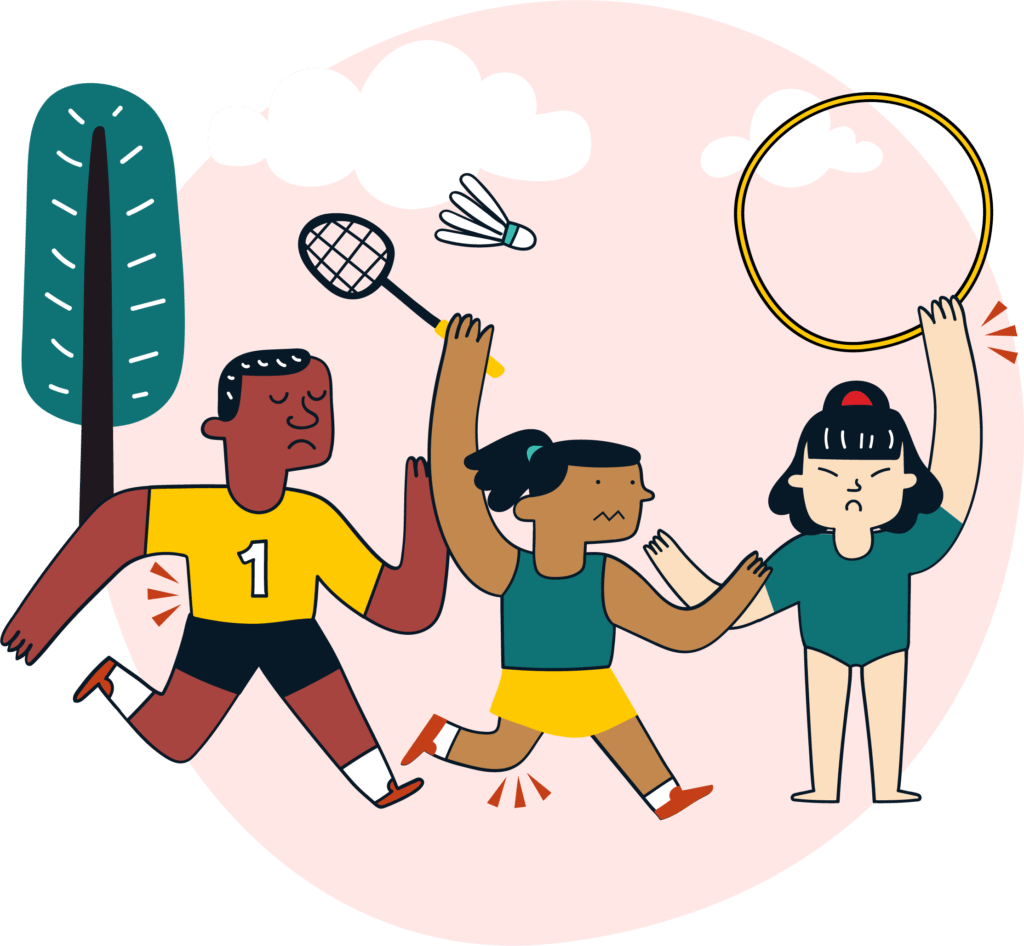
The purpose of Trigger Point Therapy is to relax certain parts of the muscle allowing complete relaxation of the latter.
The Trigger point is a small contracture (a knot) painful on palpation and which can give referred pain.
Trigger points are located in specific areas, the complete list of which can be found at: ( https://www.tptherapy.com/instructions/trigger_points ).
Trigger point therapy is particularly effective in:
- Muscle pain after physical activity
- Back and neck pain due to muscle fatigue
Myofascial release work mainly acts on the fascia, which are the connective tissues surrounding most of the organs in the human body, including muscles. These tissues have an essential role in the correct function of the muscles.
The concept behind this method is that the fascia, just like the muscles, have a capacity for contraction. This is why, in order to be able to relax a muscle, it is necessary to relax the fascia that surround it.
These techniques are particularly effective in the case of:
- Back and neck pain due to facet joint irritation or muscle fatigue
- Chronic shoulder pain from a torn muscle
As the name suggests, these are passive techniques during which the patient is released and only the therapist produces movement.
They respect the mobility of the joints, are not painful, and often associated with traction-decoaptation to increase vascularization and joint drainage.
Their role is to:
- Increase joint mobility
- Decrease adhesions and muscle tension
- Improve lymphatic drainage
- Limit compensation due to fear of movement
They are particularly effective in the case of:
- Post-surgical rehabilitation (knee, hip, shoulder)
- Joint pain due to trauma, osteoarthritis or inflammation
Proprioception is the 6 th sense of our body (yes, if we have more than 5 senses!).
This allows us to know the exact position of a joint or a limb (you don’t have to open your eyes to touch your nose with your finger).
Thanks to this proprioception, we avoid injuries. In fact, when we twist our ankles it stretches and stimulates the proprioceptive sensors of the muscles and joints causing a reflex muscle contraction in order to prevent muscle or ligament tearing.
In addition, after injury, surgery or immobilization, the proprioceptive capacity of the affected area is reduced. This explains why when we twist our ankles there is a significant risk of recurrence. Or why after knee surgery, even when scarring is complete, the knee remains unstable.
This is why proprioceptive exercises combine different techniques with different degrees of difficulty with the aim of restoring this altered sense and avoiding other injuries.
These exercises are essential after:
- Lower limb injuries
- Fracture
- Ligament tear
- Muscle tear
- Complete or partial dislocation
- Lower limb surgery
Many techniques involve direct pressure on muscles, tendons, fascia, or connective tissue.
For optimal efficiency, this requires excellent anatomical knowledge (in order to know which tissues we are working on) and a very fine touch to determine the state of the tissue concerned and adapt the techniques.
They are very useful for:
- Muscle relaxation
- Drainage of a particular area
- The increase in vascularity of an area
- Pain reduction
Stretching is an instinctive activity that even animals use. This is an increase in the distance between the 2 insertions of a muscle.
The apparent simplicity hides a huge variety of exercises with different purposes and benefits.
Stretching can be passive or active, work on a muscle or on a muscle group, be associated with an inhibition technique, etc.
Its main functions are:
- Muscle relaxation
- The increase in muscle length
- Improving Visco elasticity of muscles and tendons
Book your session now
Discover our specialized physiotherapy and perineology care, supporting women through pregnancy, post-partum, menopause, and beyond. We offer tailored treatments for pregnancy pain, prolapse, and more, using advanced techniques like lymphatic drainage.
To better serve you, we welcome you at three convenient locations. Choose the one that suits you best and book your appointment today for personalized care!
Why choose My French Physio ?
Experienced and Specialized Team
Our team consists of highly trained physiotherapists and osteopaths with decades of experience. Each therapist is an expert in his/her field: Women's Health, Baby Physio, MSK (musculoskeletal), and Sports Physio, ensuring the best care tailored to your needs.
Advanced Qualifications and Continuous Learning
All our therapists hold advanced degrees, including master's level education, and regularly engage in Continued Professional Development (CPD) to stay at the forefront of their specialties.
Hands-On, Personalized French Approach
We pride ourselves on our distinct French approach to therapy, which emphasizes hands-on techniques combined with personalized exercise plans, providing comprehensive and effective treatment.
What our clients say
EXCELLENTBased on 89 reviews
 Florentine Dusannier2024-06-07J'ai été suivie par Elodie pendant ma grossesse et en post partum. Elle est très à l'écoute, a beaucoup d'expérience et donne de très bons conseils à la fois pour les maux de grossesse mais aussi pour préparer l'accouchement. Ma fille a aussi fait un check avec Virgil a 7 semaines et je recommande également, il est très à l'aise avec les enfants.
Florentine Dusannier2024-06-07J'ai été suivie par Elodie pendant ma grossesse et en post partum. Elle est très à l'écoute, a beaucoup d'expérience et donne de très bons conseils à la fois pour les maux de grossesse mais aussi pour préparer l'accouchement. Ma fille a aussi fait un check avec Virgil a 7 semaines et je recommande également, il est très à l'aise avec les enfants. adeel2024-04-27I signed up for four sessions with Virgil in February after an episode of Cervical Radiculopathy. He was excellent - worked on the neck and back like a surgeon - extremely professional and knowledgable. He had a big part to play in my recovery and I am glad I was able to avoid a nerve blocker procedure. Thank you.
adeel2024-04-27I signed up for four sessions with Virgil in February after an episode of Cervical Radiculopathy. He was excellent - worked on the neck and back like a surgeon - extremely professional and knowledgable. He had a big part to play in my recovery and I am glad I was able to avoid a nerve blocker procedure. Thank you. sophie mcelligott2024-03-28Couldn’t recommend enough! It’s been transformative both physically and mentally :) been going to see Karolina for four months and it’s made a very positive difference. Thank you!
sophie mcelligott2024-03-28Couldn’t recommend enough! It’s been transformative both physically and mentally :) been going to see Karolina for four months and it’s made a very positive difference. Thank you! Sasha Maisel2024-03-15Karolina provided excellent care during my post partum recovery. Would thoroughly recommend her.
Sasha Maisel2024-03-15Karolina provided excellent care during my post partum recovery. Would thoroughly recommend her. Lior Shalom2024-01-15I highly recommend Karolina Somodi. I’ve been treated by her for the past few months for postnatal physiotherapy focusing on pelvic floor prolapse. She is amazing! Very professional and confident while making me feel comfortable and capable. She is very nice and sweet and it’s always a pleasure coming to an appointment. I can bring my baby to the appointment which is very convenient and considering. Highly recommend!
Lior Shalom2024-01-15I highly recommend Karolina Somodi. I’ve been treated by her for the past few months for postnatal physiotherapy focusing on pelvic floor prolapse. She is amazing! Very professional and confident while making me feel comfortable and capable. She is very nice and sweet and it’s always a pleasure coming to an appointment. I can bring my baby to the appointment which is very convenient and considering. Highly recommend! Diana Ristic Durdevic2024-01-04Great experience for me and my baby! I highly recommend My French Physio for osteopathy treatments, in particular women's health osteopathy (I had a C section) and paediatric visceral osteopathy (my baby had some digestive problems). After the treatment of the areas of discomfort we both felt much better. We also got several advice and youtube videos of exercises and massages to do at home in order to maintain the positive effect of the treatments. Thank you Virgil!
Diana Ristic Durdevic2024-01-04Great experience for me and my baby! I highly recommend My French Physio for osteopathy treatments, in particular women's health osteopathy (I had a C section) and paediatric visceral osteopathy (my baby had some digestive problems). After the treatment of the areas of discomfort we both felt much better. We also got several advice and youtube videos of exercises and massages to do at home in order to maintain the positive effect of the treatments. Thank you Virgil! Marie-Gabrielle STONE2024-01-02I have been incredibly impressed by the the results of Benjamin’s approach. I came for torn (almost ruptured) knee ligaments (both ACL & MCL) To my own surprise I have in less than a year totally recovered from this injury. I am very grateful for Benjamin early days confidence that also helped controlling the anxiety I had from my accident. Thank you
Marie-Gabrielle STONE2024-01-02I have been incredibly impressed by the the results of Benjamin’s approach. I came for torn (almost ruptured) knee ligaments (both ACL & MCL) To my own surprise I have in less than a year totally recovered from this injury. I am very grateful for Benjamin early days confidence that also helped controlling the anxiety I had from my accident. Thank you Margaux Guennec2023-12-04“Excellente équipe de kinésithérapeutes et ostéopathes. Mon bébé a été suivi dès la naissance par Virgil (très à l’aise avec les nourrissons) et moi-même par Élodie pour ma rééducation abdominale et périnéale post-accouchement. Virgil et Élodie sont de très bons conseils, compétents, rassurants et efficaces - je recommande vivement à toutes les mamans de Londres! »
Margaux Guennec2023-12-04“Excellente équipe de kinésithérapeutes et ostéopathes. Mon bébé a été suivi dès la naissance par Virgil (très à l’aise avec les nourrissons) et moi-même par Élodie pour ma rééducation abdominale et périnéale post-accouchement. Virgil et Élodie sont de très bons conseils, compétents, rassurants et efficaces - je recommande vivement à toutes les mamans de Londres! » Elena Meetup2023-12-03I have had sessions with Virgil and Benjamin when I had mobility issues with my shoulder and neck. They are both very knowledgeable and professional. They explained the cause of my issue and on top of their treatment they recommended exercises for home. In all occasions I saw an immediate improvement to my issue.
Elena Meetup2023-12-03I have had sessions with Virgil and Benjamin when I had mobility issues with my shoulder and neck. They are both very knowledgeable and professional. They explained the cause of my issue and on top of their treatment they recommended exercises for home. In all occasions I saw an immediate improvement to my issue. Win Gold2023-11-30I highly recommend Virgil from Calmer clinics. He is very professional, patient and understanding of his metier. I have been going to him for a few months and he has helped relieve pain that my GP couldn’t help with. It’s always a pleasure to see him and update him on my improvement over time. I will continue to use his services.
Win Gold2023-11-30I highly recommend Virgil from Calmer clinics. He is very professional, patient and understanding of his metier. I have been going to him for a few months and he has helped relieve pain that my GP couldn’t help with. It’s always a pleasure to see him and update him on my improvement over time. I will continue to use his services.
Team
Meet Our Team
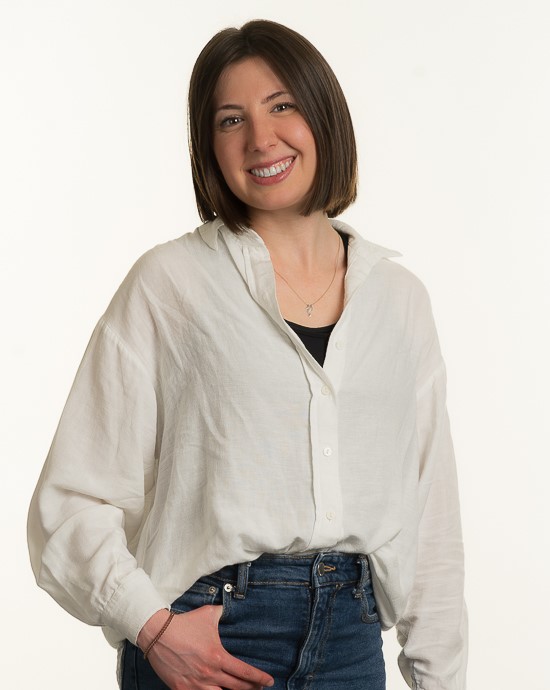
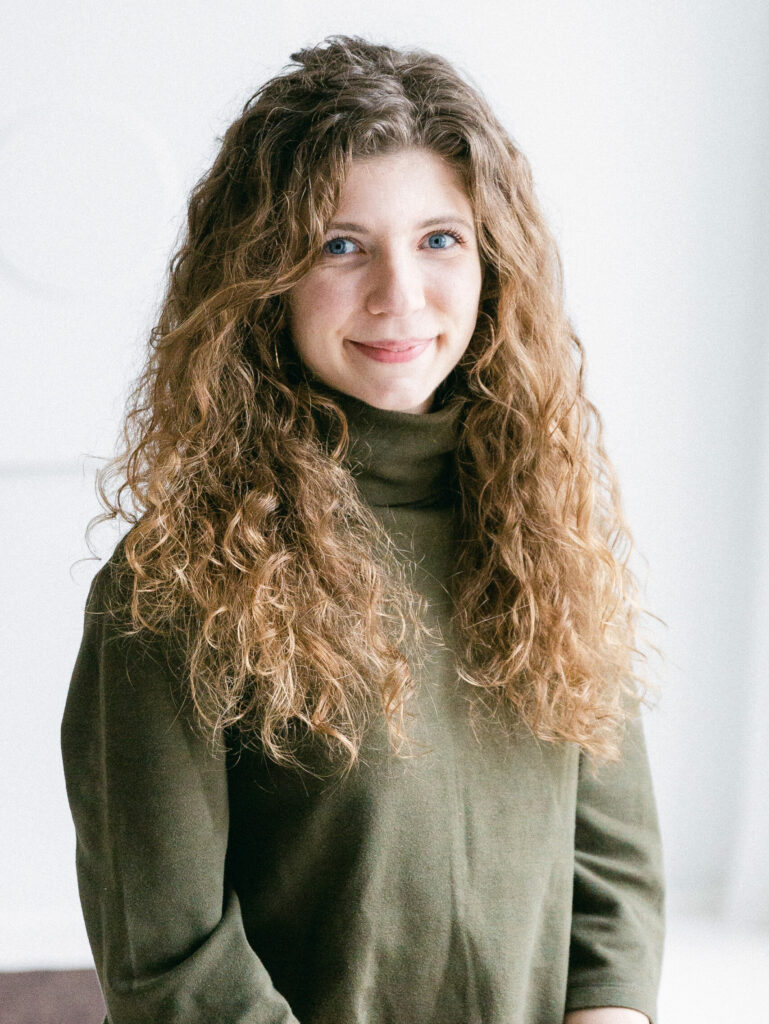
Karolina graduated as a physiotherapist from Hungary’s leading medical institution, Semmelweis University, in 2022 in Budapest. She completed her MSc at UCL in children’s health in 2023.
During her Bachelor’s degree, she received a scholarship for carrying out research in the field of paediatrics. She focused on the rehabilitation of the first baby who received gene therapy in Hungary for Spinal Muscular Atrophy, a rare genetic disease affecting the musculoskeletal system. During her studies, she spent a considerable amount of time on Covid-19 hospital wards taking care of patients as a volunteer and learning about how respiratory diseases could affect the musculoskeletal and neurological systems.
Besides completing her core rotations in each area within physiotherapy during her Bachelor’s degree, she gained further experience in the treatment of different muscoloskeletal problems, such as back pain, sprain injuries or tendonitis. Specifically, being a dancer herself, she is interested in working with dancers of all kinds and other performing artists.
After the pandemic, she continued her volunteering job on a paediatric rehabilitation ward in one of Budapest’s most prestigious children’s hospitals. There, she saw a wide variety of cases ranging from motor development delays, rare genetic diseases, and neurological dysfunctions to traumatic injuries, oncological cases, and psychological disorders.
After earning her physiotherapist degree, Karolina received a full scolarship to study MSc Infancy and Early Childhood Development at University College London, where she further specialised in the field of paediatrics. She learnt about young children, their development and how to best support their health at Great Ormond Street Institute of Child Health. Over the course of her studies, she became interested in mothers’ well-being as well. That is why she researched postpartum physical activity and its effect on mothers’ health as part of her degree. She gained knowledge on the specificities of birth and the postnatal period, with a special focus on rehabilitative exercise. During her MSc, she also learnt about the evidence-based physiotherapy of the pelvic floor.
Karolina is an Infant Massage Instructor, a dancer and an enthusiast of babies’ and their mothers’ health and well-being. She is an HCPC-registered physiotherapist, and a member of the CSP and APCP.
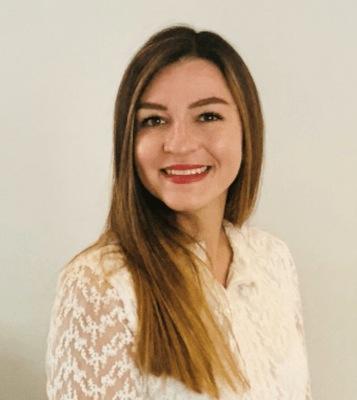
Specialized in Sports Physiology and Perineal Rehabilitation Mathilde graduated from the CHU Grenoble Alpes physiotherapy school.
During her apprenticeship, she developed interests in areas such as athlete monitoring and rehabilitation, perineal rehabilitation as well as pediatrics. Areas that she continued to explore within her practice in various firms in Grenoble, then in Paris.
Between 2015 and 2017, she gained experience in the sports world:
By following the women’s Rugby team in Grenoble (cadets then team 2) as a physiotherapist in the pre, during and post match.
On reputable trails and Iron man, as a student and then as a physiotherapist, during the Ultra Trail du Vercors (2 years), the Embrunman (3 years) or the Ultra Trail des 4 Massifs (UT4M).
In Grenoble offices specializing in post-surgical rehabilitation, rehabilitation of skiers and high mountain athletes.
Strongly committed to the rehabilitation of top-level athletes, Mathilde completed her research thesis on the theme of preventing musculoskeletal risks in young dancers in classical dance. His research led him to develop an information and prevention website for classical dance: “Dance your health!”.
It is in this perspective that she wished to prepare a master’s degree in Engineering for Health and Medicines (ISM) by participating in a scientific project conducted with the Opéra Garnier in Paris, “classical dance and cardio respiratory endurance. “.
At the end of 2017, she left the Alps for the capital with a view to developing the field of perineal rehabilitation. She is trained in the perineal file of B. de Gasquet (assessment approach, education, prevention and rehabilitation of the perineum integrating protection of the spine and maintenance of a harmonious abdominal tone) but also other fields such as respiratory physiotherapy in infants. which she practices in a cabinet in Versailles.
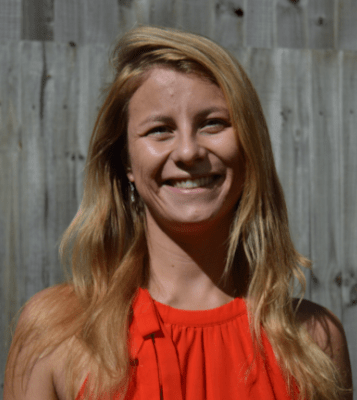
Elodie graduated from the masso-kinesitherapie training institute in Besançon (France) in June 2010.
The same year, she obtained her university diploma in ethics (medical work in multidisciplinarity and management of difficult cases).
Following her diploma, Elodie continues to train and specialize in women’s care.
In 2011, she obtained a diploma in perineal re-education (manual practice and with equipment for perineal re-education), then a diploma in abdominal gymnastics that did not generate pressure (Gasquet method).
At the same time, she also follows the ABDO-Mg training of Luc Guillarme to prevent hyper-pressures on the perineum and abdominal diastasis.
She then continued with a diploma in K-taping in the context of women in pre and post partum but also in the context of sportsmen.
Discovering the limits of traditional physiotherapy, Elodie trained in manual therapy specializing in women’s care from 2011 to 2013.
Then trained in lymphatic drainage thanks to the Schiltz method.
In 2012, Elodie also pursued a university degree in pelvi-perineology at the University of Lyon as well as a diploma in respiratory physiotherapy at SUK in Paris.
Since 2012, Elodie has continued to train (about twice a year) in order to follow the evolution of techniques and participates in numerous conferences.
In 2014, she became interested in perineal pain and participated in 2 trainings in London and Paris on their subject.
In 2015, Elodie refocused on pregnant women and their problems, preparing for childbirth and carrying in a sling.
Lately, Elodie has trained in sports and abdominal or perineal problems caused by sport.
Elodie is an active member of the international society for rehabilitation in pelvi-perinology.
She has also given numerous interviews in French and English magazines:
Elodie worked for 4 years in France in practices located in Besançon and Lyon, specializing in women’s care and pediatrics.
Then, for 3 years, Elodie worked in a London firm also specialized in these same fields.
Perineal rehabilitation and more generally everything related to pregnancy and women’s health are areas that Elodie is very passionate about. She invests a lot in these treatments and always pushes the deepening.
Elodie also has significant knowledge in pediatrics (neuromotor delay, orthopedics and traumatology) and privileged contact with children.
Elodie is a Physiotherapist, HCPC registered, covered by most insurances.
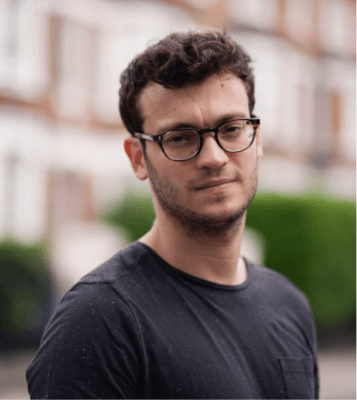
In 2010, Virgil graduated from the physiotherapy institute of Charleroi in Belgium.
The following year, he added a master’s degree in physiotherapy as such.
Tired of the Belgian climate, he decided, thereafter, to practice in Spain and in the south west of France, specializing in 3 areas: Sports physiotherapy, care of women and pediatrics. He works within different structures: With Marcel Cauffriez , specialist in hypopressive gymnastics (very famous in the postnatal field and in the care of women)
- Within Respiralia , a center for children with cystic fibrosis. He took the opportunity to train in respiratory physiotherapy with Guy Postiaux
- Within Polideportivo Principe De España, specializing in the treatment of top athletes from the Balearic Islands
- In a trauma and post-surgical rehabilitation center in Bordeaux
In 2012, Virgil moved to London, not only to practice his profession as a physiotherapist in a new culture and discover a different approach to his profession, but also to obtain a master’s degree in Osteopathy at the very famous British school of osteopathy will graduate in 2014.
At the same time, Virgil continues to train in new areas:
- In pediatric cranial osteopathy and other pediatric treatments at the BSO Children’s Clinic
- In women’s care, participating in training in visceral osteopathy and obstetric osteopathy
- In sports physiotherapy, obtaining an Inter University Diploma at the National Institute of Sport ( INSEP ). He puts this diploma directly into practice by following a South London Rugby team.
In parallel with his patients, Virgil still continues his research mainly focusing on the sitting posture and now teaches in Belgian training institutes.
